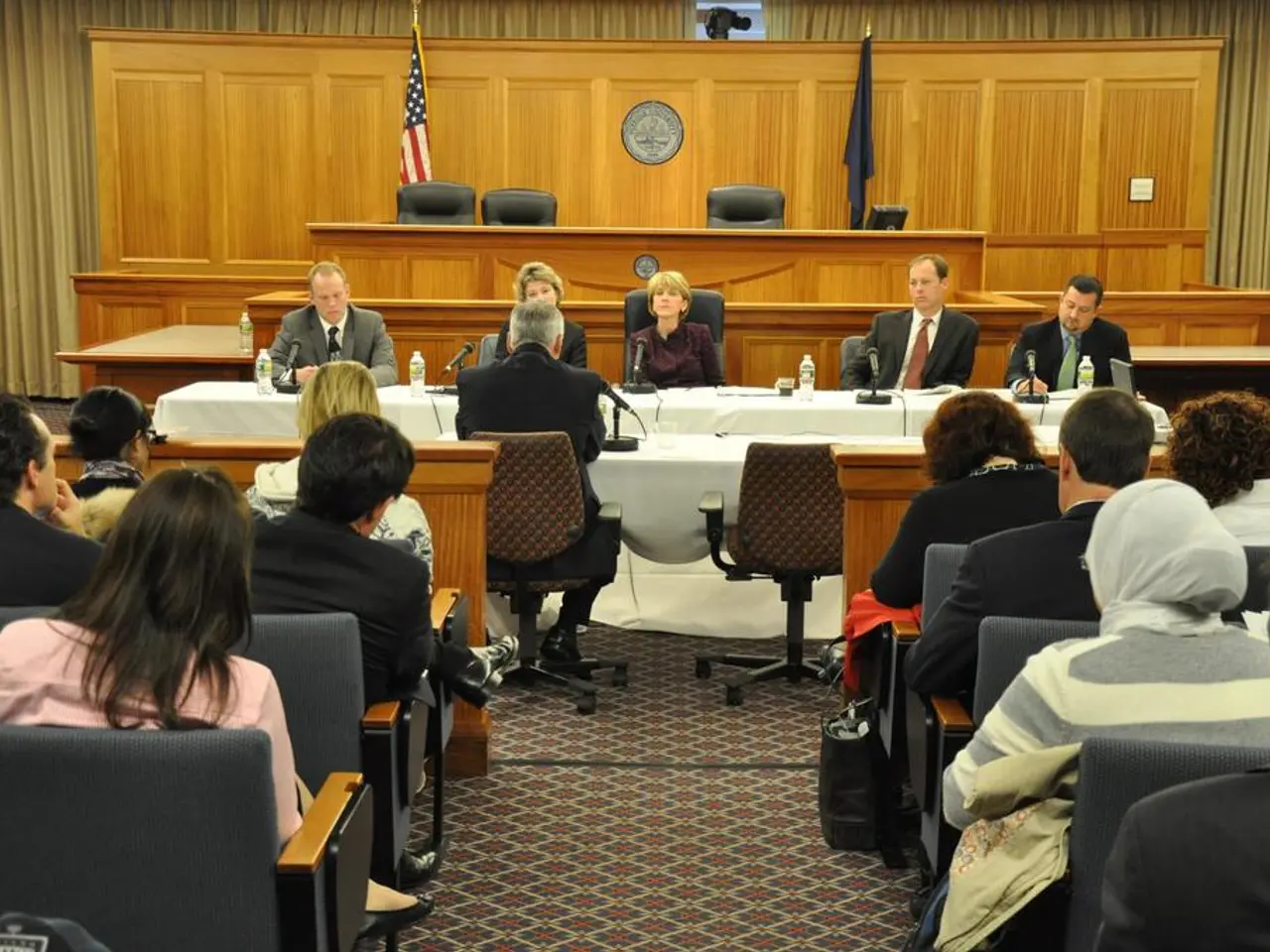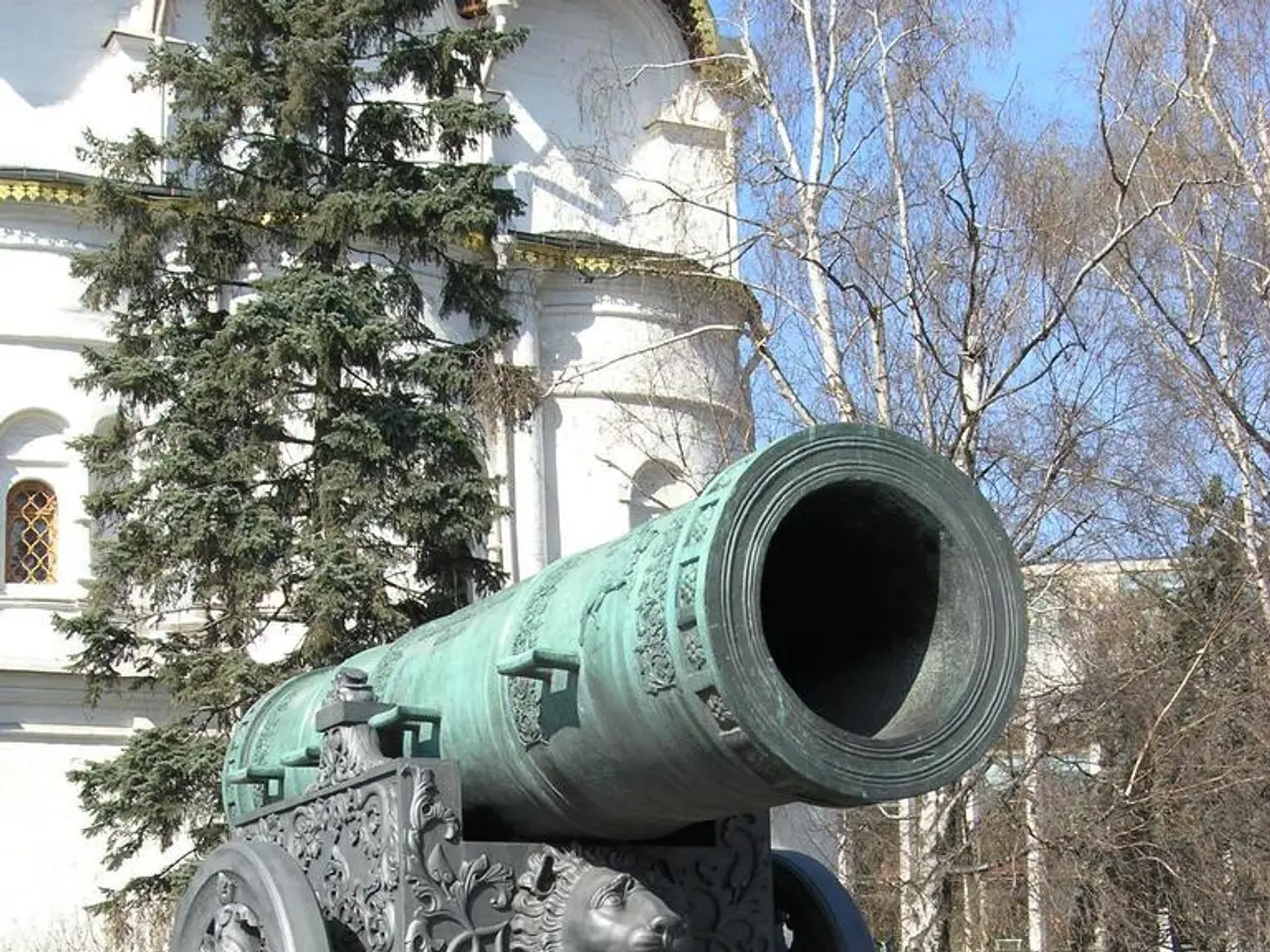Next week, German Chancellor Scholz plans to meet with French President Macron in Paris.
France and Germany have remained steadfast in their support for Ukraine as both nations continue to provide significant funding and military aid to the Eastern European country.
Germany, a key contributor, has pledged approximately 34 billion euros in civilian aid and approximately 38 billion euros in military aid since 2023. This support includes air defense systems, winter relief equipment, and contributions to the EU's European Peace Facility (EPF), which provides a multi-billion-euro fund for Ukraine's armed forces through 2027.
In addition to financial aid, Germany has supplied arms from Bundeswehr stocks and defense industry deliveries according to Ukraine's needs. France, while providing less overall military funding, has been active in supplying advanced military equipment such as long-range missiles, fighter jets, air defense batteries, and armored fighting vehicles. By mid-2023, France had allocated nearly 6 billion euros in bilateral military aid to Ukraine.
However, tensions have arisen between France and Germany regarding the scale and type of support, particularly with Germany hesitant to provide longer-range offensive weapons like Taurus cruise missiles, a point of criticism from France. Despite these differences, both countries remain crucial players in Ukraine’s defense efforts and are exploring new funding and supply initiatives.
As France and Germany prepare to discuss their ongoing support for Ukraine, internal debates persist within the German government. President Voldymyr Zelensky has discussed the idea of Western military "contingents" being deployed to Ukraine, but Scholz's government has been divided over the prospect of providing an additional three billion euros of funding for Ukraine.
Meanwhile, French President Emmanuel Macron's approval ratings are at record lows, and the parliament elected after his snap elections is fractured between three rival blocs. The far-right Alternative for Germany (AfD) is polling at 20%, while the conservative opposition CDU/CSU is at 31%.
In the midst of these political challenges, Macron and Scholz will commemorate the 1963 Elysee Treaty anniversary during their talks, which are expected to take place at the heart of the European Union. Support for Ukraine in its war with Russia is expected to be a significant topic during Scholz's visit, occurring ahead of Germany's early general election on February 23rd.
Despite these complex political landscapes, both France and Germany have demonstrated a commitment to supporting Ukraine in its struggle against Russia. The United States, one of Ukraine's biggest backers since Russia's full-scale invasion in 2022, follows closely behind Germany in its support.
[1] European Peace Facility: https://ec.europa.eu/info/strategy/external-funding-actions/funding-overview/funding-actions/european-peace-facility_en [2] France's Support for Ukraine: https://www.france24.com/en/europe/20230210-france-ukraine-macron-zelensky-military-aid-donation [3] Germany's Support for Ukraine: https://www.dw.com/en/germany-pledges-3-billion-euros-in-additional-aid-to-ukraine/a-62756513 [4] EU's Support for Ukraine: https://www.euractiv.com/section/global-europe/news/european-parliament-backs-1-5-billion-in-ukraine-aid/
Money from both France and Germany has been instrumental in Ukraine's war-and-conflicts, with Germany pledging approximately 72 billion euros in military and civilian aid since 2023, and France allocating nearly 6 billion euros in bilateral military aid. Political debates persist within these nations, yet their commitment to supporting Ukraine remains unequivocal.







